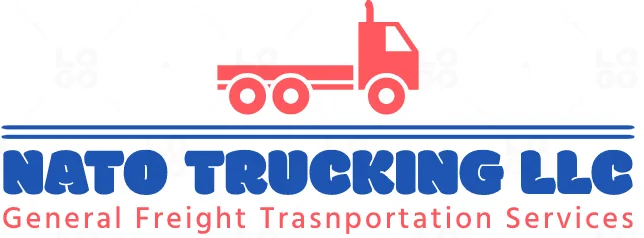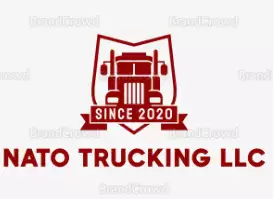how does freight quote work
A freight quote is an estimate of the cost of shipping goods from one location to another. It is typically based on the following factors:
- Shipment origin and destination: The distance between the pickup and delivery location is a major factor in determining the freight quote. Longer distances typically result in higher quotes.
- Shipment weight and dimensions: The size and weight of the shipment also play a significant role in calculating the freight quote. Heavier and bulkier shipments will generally cost more to transport.
- Shipment type: The type of goods being shipped can also affect the freight quote. Hazardous materials, for example, may require special handling and packaging, which can increase the cost of transportation.
- Shipping mode: The mode of transportation, such as truckload, less-than-truckload (LTL), or air freight, also influences the freight quote. Truckload shipping is generally the most cost-effective option for large shipments, while LTL is better suited for smaller shipments. Air freight is the most expensive option but also the fastest.
- Fuel prices: Fluctuations in fuel prices can also impact freight quotes. When fuel prices are high, transportation costs tend to rise.
- Carrier availability: The availability of carriers in the desired shipping lane can also affect freight quotes. If there is a shortage of carriers, shippers may have to pay more to secure transportation.
- Delivery timeframe: If a shipper requires expedited delivery, they can expect to pay a higher freight quote.
- Additional services: Any additional services, such as liftgate service or insurance, will also add to the freight quote.
Shippers can obtain freight quotes from various sources, including:
- Freight brokers: Freight brokers act as intermediaries between shippers and carriers, negotiating rates and arranging transportation. They have access to a wide network of carriers and can often provide competitive quotes.
- Online freight quote platforms: Numerous online platforms allow shippers to compare quotes from multiple carriers. These platforms can be convenient for comparing rates and finding the best deal.
- Direct contact with carriers: Shippers can also contact carriers directly to request freight quotes. This may be a good option for shippers who have specific needs or relationships with particular carriers.
When comparing freight quotes, shippers should consider the following factors:
- Total cost: The overall cost of the shipment, including the freight quote and any additional fees, is an important consideration.
- Carrier reputation: The reputation of the carrier is also important to consider. Shippers should choose carriers with a proven track record of reliability and customer service.
- Delivery timeframe: Shippers should ensure that the carrier can meet their desired delivery timeframe.
- Additional services: Shippers should confirm that the carrier can provide any required additional services, such as liftgate service or insurance.
By carefully considering these factors, shippers can make informed decisions about their freight transportation needs and secure the best possible rates and service.


